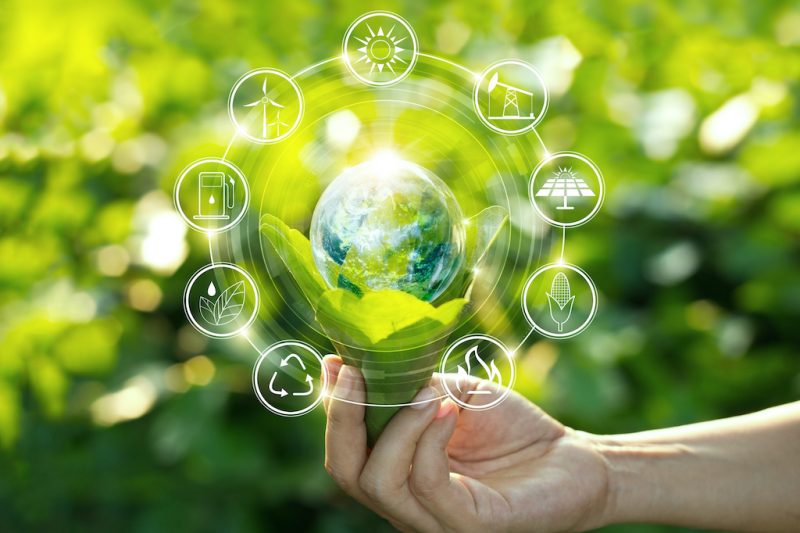CDP reports shows industry failing to significantly reduce Scope 3 wider environmental emissions

European businesses, including confectionery, snacks and bakery enterprises, are reportedly falling short in tackling key areas of environmental performance, with non-profit group CDP finding just 37% of Scope 3 emissions are being addressed by company decarbonisation strategies, writes Neill Barston.
As Confectionery Production has previously reported, companies across the full value chain of the confectionery sector have outlined policies on reducing their respective eco footprints, yet latest studies reveal a key gap in achievement.
The new report from CDP and Capgemini Invent analysed how businesses have addressed their core sustainability measures have evolved between 2019 and 2023 – which discovered that a total of 47% had adopted science-based targets and in fact cut their direct emissions by a total of 14% within the region.
In the study, From Stroll to Sprint,” A race against time for corporate decarbonisation” its authors found that there was a 56% increase in emissions disclosures over the past three years- though it acknowledged there appeared a notable lag in terms of industry acting on its own findings. Significantly, the studies highlighted the fact that companies efforts to improve their environmental considerations did not have a negative impact on its financial stability – with revenues for European companies reportedly increasing on average by 8% during the three year study period.
Notably, the non profit group noted that the vast majority (92%) of emissions disclosed by European companies in 2022 were considered Scope 3 (which is focused on items not physically produced by themselves, but result from its activities and are within its value – including products bought, consumed and disposed of. This includes the use of sold products (57%) and purchased goods and services (17%).
While there were clear concerns regarding progress on Scope 3 emissions, CDP said the report found that overall companies were making some tangible progress in reducing the environmental impact of their operations, with up to 40% reduction in Scopes 1 & 2 emissions achieved mostly through energy efficiency measures.
Significantly, it reflected that sectors relying on electricity (such as many confectionery, bakery and snacks production) have more opportunities to decarbonise their energy mix and protect themselves from energy market price fluctuations than others. In 2022 renewable energy covered less than a third of the energy used in the vast majority (70%) of sectors analysed, suggesting that there are still major reductions in emissions to come through sourcing renewables.
As CDP observed, the number of companies setting SBTi-approved absolute emissions reduction targets is also on the rise – it has more than doubled since 2019 – with major players such as Mars, Barry Callebaut and Mondelez, all committing to such targets. But as the group observer, such goals only cover around13% of the total greenhouse gas emissions disclosed by companies to CDP in 2022. Consequently, it said this reinforces the urgent need for the companies with the highest emissions impact to set robust reduction targets aligned with 1.5°C pathways.
Furthermore, CDP asserted that credible net zero targets are still in their early form, with only 8% of businesses having set such objectives that were actually approved by the Science Based Targets initiative (SBTi), and a further 14% with their targets pending validation. Although the number of companies disclosing to CDP has grown significantly, 23% of companies still lacked any emissions reduction targets in 2022.
Maxfield Weiss, CDP Europe Executive Director, said: “Our analysis reveals that although some fast progress has been made by leading companies, particularly on science-based target setting, the majority need to take more decisive action to address their Scope 3 emissions quite promptly. With the urgent needed to align corporate decarbonization with the 1.5°C limit, companies need to set out clear climate transition plans now that will deliver the reduction we need to keep our economy and society safe.”
Roshan Gya, CEO of Capgemini Invent and Member of the Group Executive Committee, said: “As companies seek to achieve their net-zero goals, it’s imperative for them to set both short- and long-term targets to monitor their decarbonization journeys. New technologies such as low carbon hydrogen and process electrification will need to be implemented at a massive scale. This requires a shift in the regulatory policies and an innovative approach in order to enable the dual transition towards a sustainable and digital economy.”
